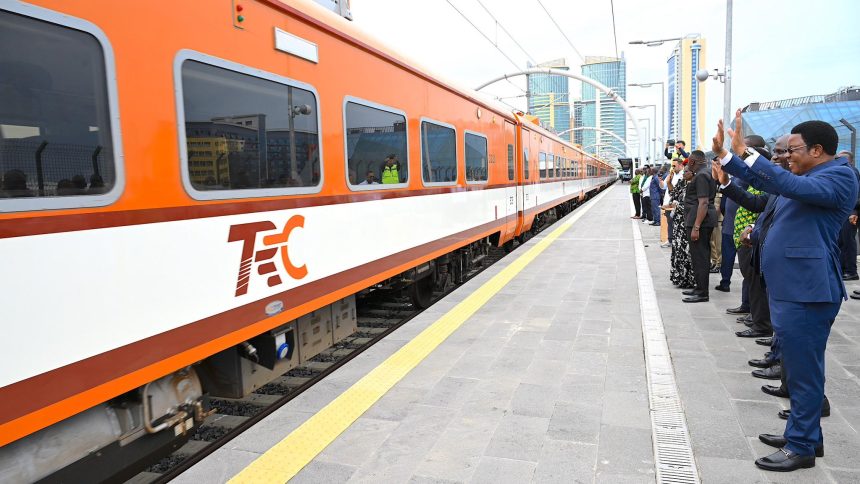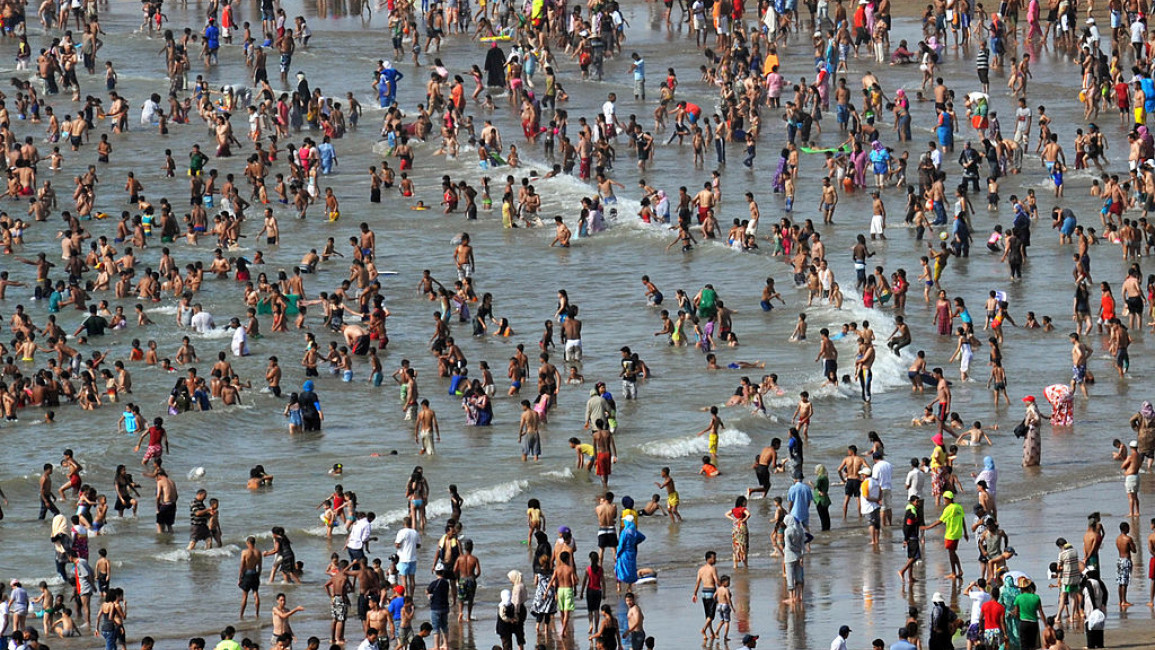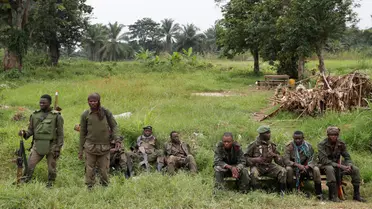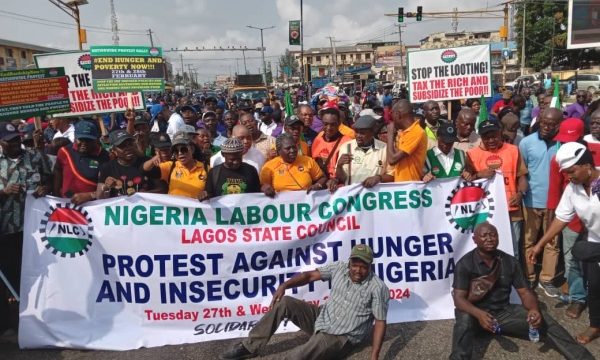It is also unclear whether the online protest calls will inspire people to turn up at a time when many Nigerians are just trying to get by, wary of losing work and cautious over past crackdowns.
Nigerians are struggling with the worst cost-of-living crisis in years after President Bola Ahmed Tinubu ended a costly fuel subsidy and liberalised the naira currency in reforms needed to revive the economy of Africa’s most populous nation.
The protest calls have been met by a torrent of warnings from officials, security forces and governors urging youth to stay away. Some have even accusing the organisers of treason and of trying to destabilise the country.
READ ALSO: Nigeria Army seeks collaborative action against explosive devices
Army ‘will not stand by’
“While citizens have the right to peaceful protest, they do not have the right to mobilise for anarchy and unleash terror,” defence spokesman Major General Edward Buba told reporters.
“It is easy to see that the contemporary context of the planned protest is to shadow the happenings in Kenya, which I must say is violent,” he added.
The security forces had detected some “elements bent on hijacking” the planned protests with the aim of making it violent, he said.
“The level of violence being envisaged can only be described as a state of anarchy. The armed forces on its part will not stand by and allow anarchy to befall our nation.”
Tinubu, who has repeatedly called for patience for the reforms to work, on Wednesday urged protesters to hold off to allow the government to respond to “all their pleas”, Information Minister Mohammed Idris said.
He too suggested that some groups were mobilising protests as a way to unleash violence as a way to replicate recent Kenyan protests.
“We must ensure that these protests do not snowball into violence or disorder,” he said.
Tinubu agreed last week to more than double the monthly minimum wage to 70,000 naira ($43). He has also started deliveries of truckloads of rice to each state in an attempt to help ease the cost-of-living pressures.
The last major protest movement in Nigeria, the #EndSARS rallies in October 2020 began over abuses by the SARS anti-robbery police squad, but grew into the largest anti-government demonstrations in Nigeria’s modern history.
They succeeded in getting the police unit disbanded but the protests ended in bloodshed.
Eyewitnesses and rights organisations accused security forces of opening fire on peaceful protesters at the Lekki toll gate in the country’s commercial hub Lagos on the evening of October 20, 2020.
Amnesty International said the army killed at least 10 people at the toll gate, but the security forces rejected responsibility, saying troops used blank rounds to disperse people breaking a curfew.


















